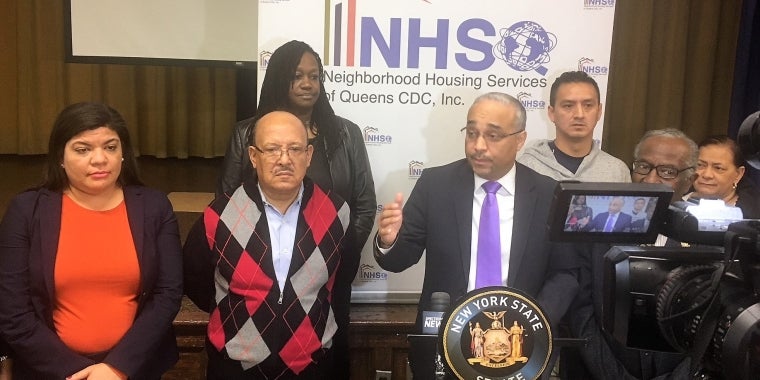
Ballpark Update: Stadiums Must Tell About Toxic Food
CBS MoneyWatch.com
by Kathy Kristof
July 29, 2010
If State Senator Jose Peralta has his way, the citizens of New York will get some warning before they buy toxic food at a sports stadium.
Reacting to an ESPN report about the prevalence of health violations with food and drink vendors at stadiums across the country, Peralta introduced legislation on Thursday that would demand that anyone selling food — regardless of whether it’s a restaurant, a push-cart or a stadium food vendor — post a letter grade indicating the result of their recent health inspection.
“Consumers have a right to know whether the hot dog they are buying is coming from a vendor that practices proper food preparation or if they are potentially buying spoiled or contaminated food,” Peralta said. “It’s time for these venues to clean up their act.”
Ironically, New York just started implementing a restaurant grading law that requires all restaurants in the state to post letter grade showing how they rate on health inspections. However, stadiums, amusement parks, entertainment venues and the ubiquitous food carts of New York had been exempted, leaving customers unaware of potential health violations when they went to the ballpark.
Peralta said in an interview that he was shocked to learn about filth and unsafe food preparation at stadium food courts.
“I take my family to Yankee Stadium and we spend hundreds of dollars on tickets and food,” he said. “I never thought that half of the vendors selling food there would be operating under unsanitary conditions.”
Posting letter grades on a food vendor’s door or window can have a dramatic impact on consumer behavior and health. In Los Angeles, hospitalizations for food-related ailments dropped 13% the year after the city started requiring that health grades be posted, according to the National Environmental Health Association.
If passed, Peralta’s food safety law would require any food vendor in New York to post their letter grade. It wouldn’t matter if the food was sold from a cart or a counter. Vendors who were cited for health violations would get 30 days to review health reports, correct violations and apply for a re-inspection in the hopes of getting a better grade.
Unfortunately, food safety is a local affair, said Chris Waldrop, director of the Food Policy Institute with the Consumer Federation of America. In most cities, counties and states, consumers are blithely ignorant of what happens in the kitchen. Actions like Peralta’s are needed everywhere, he said.
“This is a great idea. It’s one of the ways you can provide consumers with the information that they need,” he said. “The more widespread you can get this information, the better it is for consumers.”
Source: http://moneywatch.bnet.com/saving-money/blog/devil-details/ballpark-update-stadiums-must-tell-about-toxic-food/2651/


